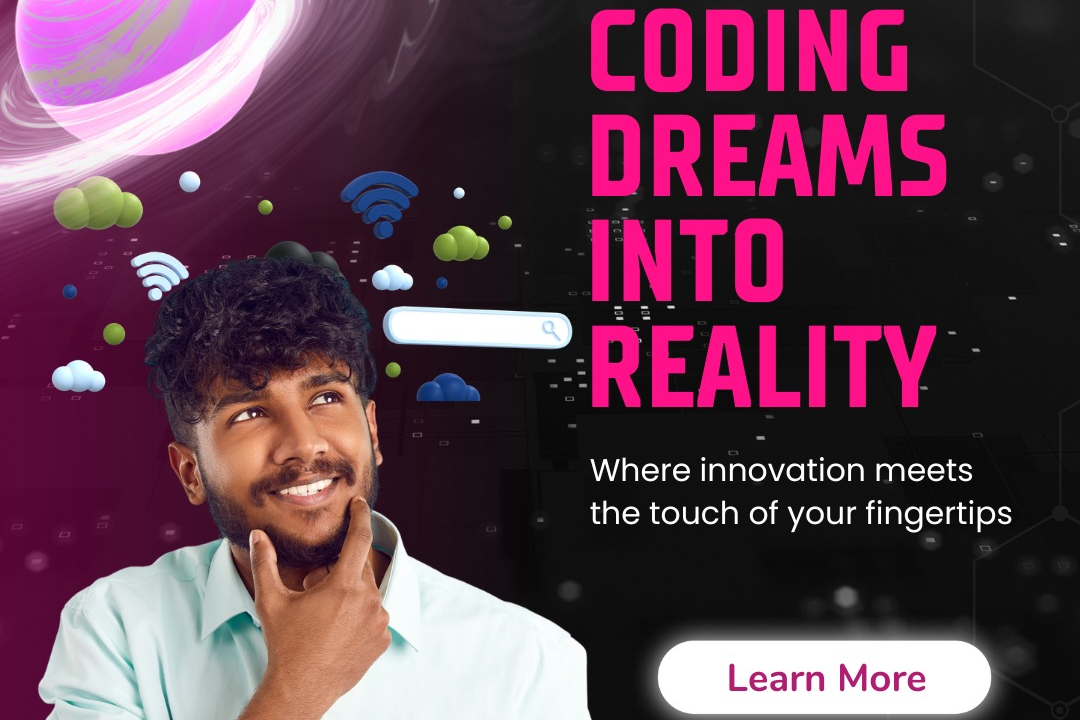Java For Virtual Reality Applications
Java Programming for Immersive Virtual Reality Experiences
Java For Virtual Reality Applications
Java plays a significant role in the development of virtual reality (VR) applications, primarily due to its platform independence, robust libraries, and extensive community support. Through frameworks like Java 3D, jogl (Java Binding for the OpenGL API), and jMonkeyEngine, developers can create immersive VR environments with rich graphics and interactive experiences. Java's object-oriented programming features facilitate the management of complex VR systems, while its integration capabilities allow for the incorporation of various sensors and hardware commonly used in VR setups. Additionally, Java's strong emphasis on security and manageability makes it a suitable choice for applications that require multi-user environments or online connectivity, further enhancing the VR experience. Overall, Java provides a versatile and powerful foundation for creating engaging virtual reality applications across different platforms.
To Download Our Brochure: https://www.justacademy.co/download-brochure-for-free
Message us for more information: +91 9987184296
1 - Introduction to VR and Java: Explain the concept of Virtual Reality and its significance. Emphasize how Java can be used for creating immersive VR experiences.
2) Java Basics for VR: Provide a refresher on Java programming fundamentals, including syntax, data types, and control structures, to ensure students have a solid foundation.
3) Java 3D API: Introduce the Java 3D API, which facilitates the creation of three dimensional graphics. Cover its components and how they can be utilized in VR development.
4) Scene Graphs: Discuss the importance of scene graphs in Java 3D and how they structure the relationships between objects in a VR environment.
5) User Input Handling: Teach how to capture and manage user input from VR devices such as VR headsets and motion controllers using Java.
6) Java for Game Development: Explore libraries like LibGDX and jMonkeyEngine that allow for game development in Java, which can be extended for VR purposes.
7) Integrating VR Hardware: Provide an overview of integrating common VR hardware (HTC Vive, Oculus Rift, etc.) with Java applications for immersive experiences.
8) Graphics Programming: Dive into advanced 3D graphics programming concepts, such as shaders and lighting, specifically tailored to enhance VR visuals.
9) Physics Engines: Introduce physics engines compatible with Java (such as Bullet or JBullet) and their role in creating realistic interactions within VR spaces.
10) Networking for Multiplayer VR: Discuss how to create multiplayer VR experiences using Java's networking capabilities, ensuring participants can connect and interact in the same virtual environment.
11) Performance Optimization: Teach strategies for optimizing Java VR applications for performance, including memory management and rendering techniques.
12) User Experience Design: Emphasize the principles of user experience (UX) in VR, focusing on how to design intuitive and engaging VR interfaces using Java.
13) Simulations and Training: Highlight how Java can be leveraged in the development of simulations for training purposes, such as flight simulators or medical training applications.
14) Project Development: Facilitate a project based learning environment where students can develop a simple VR application using Java, applying the concepts learned throughout the course.
15) Future Trends in VR and Java: Discuss the emerging trends in VR technology and how Java can play a role in future developments, including integration with AI and machine learning.
16) Problem Solving and Debugging: Provide techniques specific to debugging and solving common issues encountered in VR applications developed in Java.
17) Collaboration and Team Projects: Encourage teamwork by assigning group projects that require collaboration, simulating real world development processes.
18) Industry Applications: Explore various industries using Java for VR applications, such as healthcare, education, entertainment, and real estate, showcasing real world use cases.
19) Final Presentation and Feedback: Conclude the training program with a presentation session where students showcase their projects, followed by constructive feedback and discussion.
This structured approach will help students grasp Java's application in the exciting field of Virtual Reality, equipping them with the necessary skills and knowledge for their future careers.
Browse our course links : https://www.justacademy.co/all-courses
To Join our FREE DEMO Session: Click Here
Contact Us for more info:
salesforce training institutes in hyderabad
Software Testing Course Fees In Mumbai
Flutter Training in Shahdol
pmp certification course in chennai
iOS Developer Bootcamp











